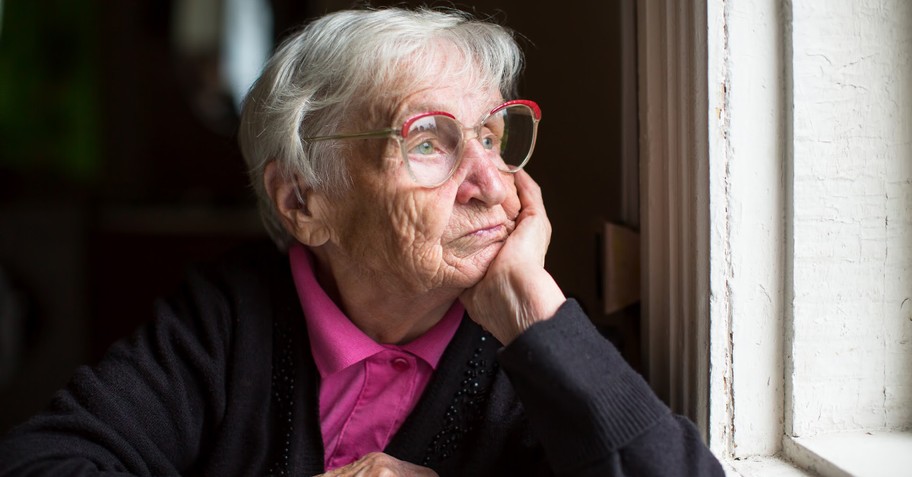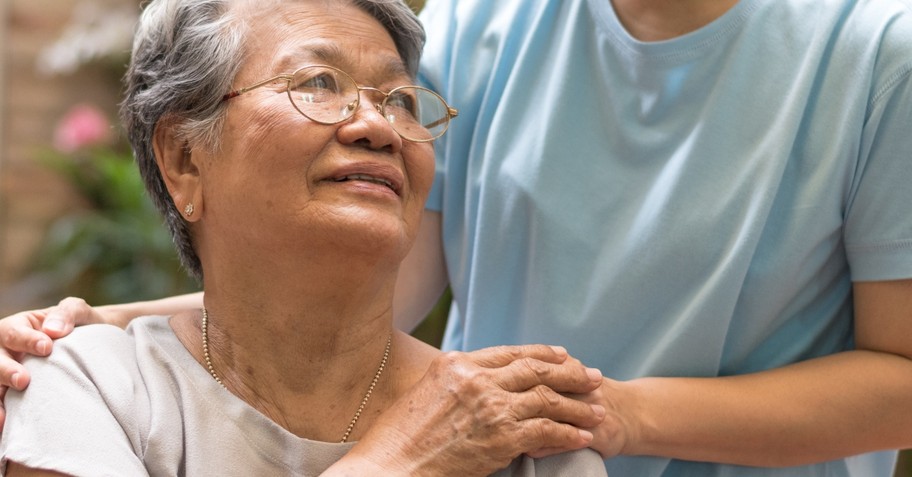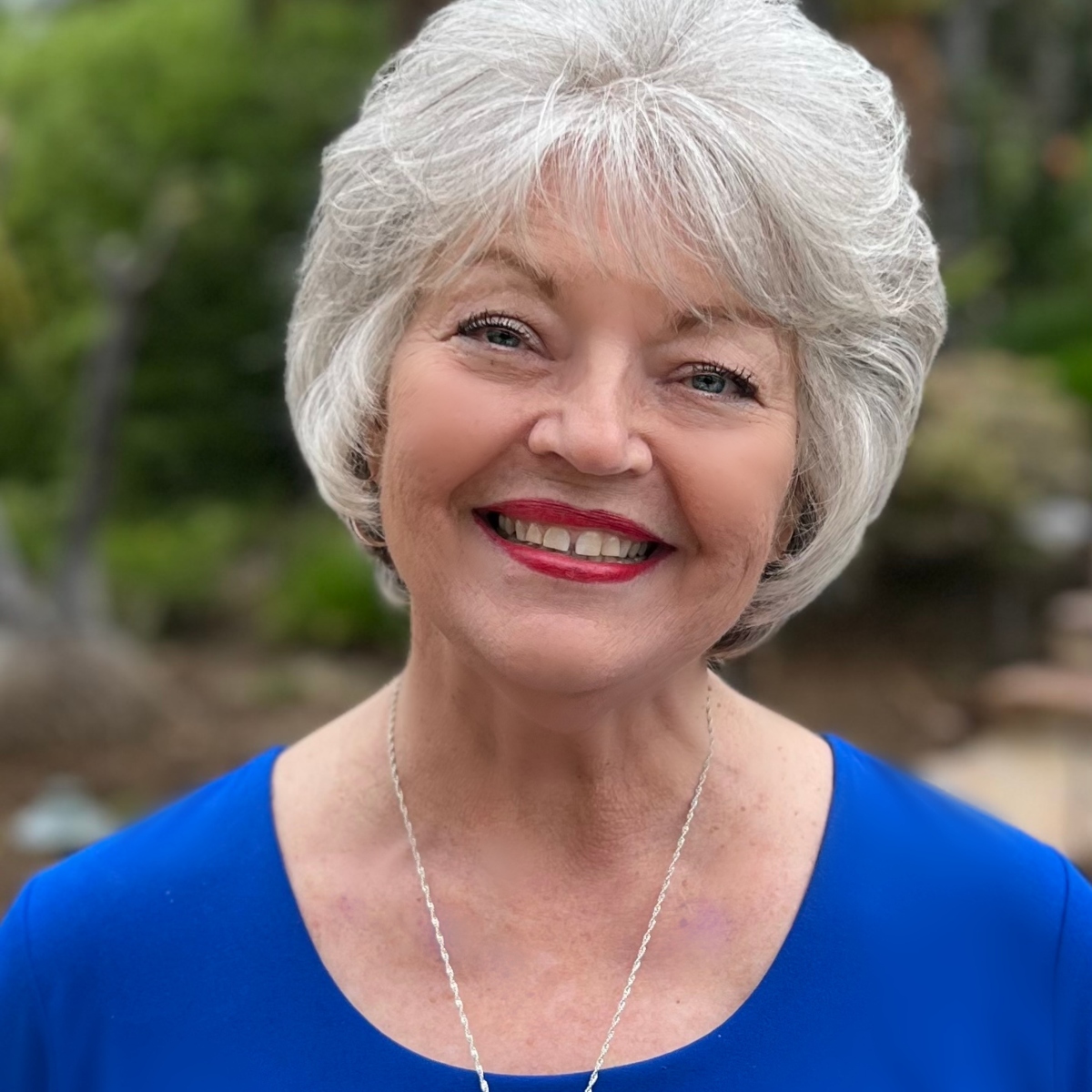What Can Christian Seniors Do When They No Longer Feel Useful?

Demographics today show the swelling number of seniors among us. According to an analysis of the 2020 U.S. census, about one in six people were reported as age 65 and over. Rapid growth of the older population has largely been driven by aging baby boomers (born 1946 to 1964) who began turning 65 in 2011, and that growth continues exponentially.
One of many concerns among these seniors is the feeling of uselessness. So many don’t feel they matter anymore. This article addresses why Christian seniors might feel useless, and how to awaken biblical approaches for their ongoing involvement in the body of Christ.
Photo credit: ©Getty Images/NADOFOTOS

Why Do Christian Seniors Feel They Don’t Matter?
What’s it like to be old? It’s different for everyone. Some are active and spry while others struggle with movement. Some deal with dementia. In general, a good number of elderly people fear the aging process itself. Some have concerns about incapacitation, have difficulty in making decisions, feel lonely, or have serious concerns about their financial future.
It’s heartbreaking when seniors, especially Christian seniors, feel useless — that they don’t matter to people or God because their former activities and ministry are no longer are easy or available. God calls gray hair, a sign of aging, the “splendor of the old,” signifying due respect (Proverbs 16:31; 20:29). Seniors deserve respect and honor, but sometimes they get neither. That further complicates their feelings of uselessness. It’s especially hard if churches focus excessive time and energy on younger members.
Sadly, many elderly people become too feeble to go to church services or activities, and they can lose contact with the community of Christians — brothers and sisters in Christ who can encourage their faith so it doesn’t grow stale. Another complication is that friends may die or move to join family members. Loneliness can discourage and depress the elderly. As life circumstances change, it’s easy for seniors to believe they don’t matter to anyone, maybe even to God.
Photo credit: ©Getty Images/Dmitry Berkut

When the Body Ages, How Can the Soul Stay Young?
It’s not difficult to see how Christian seniors struggle physically as they age, and how it affects them in their Christian journey. As they become hard of hearing, they may not be able to grasp sermons. As their eyesight fails, they may not be able to read their Bibles or helpful Christian literature. As they struggle to walk, they may not be able to navigate the church campus. If they suffer from dementia or Alzheimer’s disease, they may find church services or religious programming overstimulating or stressful.
We cannot stop the rolling of time. Inevitably, the body will age. But that does not mean the soul cannot stay young and vibrant. The Christian senior can continue to cultivate a strong relationship with Father God, growing in the ability to express love, choose joy, mature in wisdom, and bear fruit in the Spirit. They can stay young in spirit and soul.
The pains and struggles of our bodies are tough sometimes, but only temporary. Even though our bodies may be “wasting away,” inwardly we are being renewed and prepared for eternal glory that outweighs anything we must endure now (2 Corinthians 4:16-17). In our resurrection, we will be imperishable, in glory, and in power (1 Corinthians 15:42-43). This hope of eternity future can keep Christian seniors grounded and joyful in the here and now. It’s a wonderful thing to see the sparkle in an elderly, godly believer’s eyes.
Photo credit: ©Getty Images/jacoblund

What Scripture Truths Strengthen Seniors to Continue Serving?
A number of Scripture truths can aid seniors as they consider what the Lord might want them to do in regard to ministry, or how they might press on with God’s enabling.
Christian seniors must remember how much God loves them — that He knew them before they were born, and He will be with them to the grave and beyond (Psalm 139:16; Psalm 71:5-6; 2 Corinthians 5:8). Because of His great love, our Father God will never abandon His children. They are never alone (Matthew 28:20).
Christian seniors must remember that God promises to “carry” them in their elder years. God said in Isaiah 46:4, “Even to your old age and gray hairs I am he, I am he who will sustain you. I have made you and I will carry you; I will sustain you and I will rescue you.” God is faithful and He carries us in His “everlasting arms.”
Christian seniors must remember that God knows their needs. He is the believer’s provider, and He gives graciously and generously (Romans 8:32; Philippians 4:19). The elderly believer’s budget may get stretched, but God has unique ways to meet needs when Christian seniors pray.
Christian seniors must remember that strength — at any age — comes from the Lord. God can strengthen even the most feeble for what He calls them to do. In His strength, they can “soar” like eagles (Isaiah 40:31). They may no longer be self-sufficient, but seniors can learn to count on God’s grace and sufficiency to enable them to abound in good works (2 Corinthians 9:8).
Christian seniors must remember that God has purposes for them as long as they still are breathing on earth, and He will perfect that work in them when Jesus appears. God will continue to use their life circumstances to conform them into the image of Jesus — including suffering or affliction (Romans 8:29; 5:3-5). He will instruct and guide seniors if they stay humble.
Christian seniors must remember that God will recompense whatever good is done for Him and in His name (Ephesians 6:8a), even the smallest act. When Jesus returns, He will reward every person according to their works.
A word of warning: Christian seniors must remember to keep short sin accounts with God (1 John 1:9). Sins like unbelief, “grumpiness,” or judging can hinder what God might want accomplish in the senior years. Unconfessed sin has a defeating, erosive effect that may lead to emotions that contribute to feelings of uselessness (Psalm 32:3-5).
Photo credit: ©Getty Images/RoterPanther

What Practical Ways Can Seniors Continue to Serve the Lord?
Some seniors like to quote Philippians 1:21: “For me to live is Christ, and to die is gain.” But then they focus on the death part and forget to live out all their days serving Christ! We are never to retire from serving and obeying God. There are many practical ways Christian seniors can continue to be a part of God’s work.
The elderly are typically wiser than the young: “Wisdom belongs to the aged, and understanding to the old” (Job 12:12). Seniors have invaluable experience to share with others. Wise King Solomon sought out Israel’s elders to help him make decisions. But his son, King Rehoboam, did not value the elders’ counsel and he chose to ignore them (1 Kings 12:6-8). As a result, Israel rebelled against him and the kingdom eventually divided. Leaders in the church might want to seek out wise and godly seniors for their insight. Able and forward-thinking seniors — neither selfish nor stubbornly “set in their ways” — might be invited to serve on church boards. That is a matter for prayer, but wise counsel has often helped leaders avoid disastrous choices.
Seniors who fit the description found in Titus 2:2-3 might teach younger church members how to live biblically. Or they might mentor new Christians about God and His mighty acts (Psalm 71:18). Senior believers might read Bible stories to children in Sunday school or at Vacation Bible School, or help with crafts or music. If they’re able, they might host a small group gathering or Bible study. Seniors can also invite neighbors into their home for a simple shared meal, helping them sense the love of Christ.
Seniors can offer practical gifts of kindness, like making meals for other seniors, shut-ins, or those who are ill. They might make blankets or quilts for cancer patients or gather personal care items for the homeless. If strong enough, they could volunteer at soup kitchens or church food pantries. They might send greeting cards to military personnel or write letters to prisoners. Christian seniors might write encouraging notes to their pastor, pastor’s wife, or a church staff member. They might help prepare church bulletins every week. They may not be able to go to the mission field, but they can give to send others.
Some who are seriously ill might say, “But all I can do now is pray.” That is no small thing! Many of the world’s most powerful servants of God were men and women of prayer. Anna, the prophetess, is a good example. She was an elderly woman, widowed for most of her life, who served in the temple around the time that Jesus was born (Luke 2:36-37). Depending on how the text is translated, Anna was either eighty-four years old when she met Jesus or as old as 104. Luke tells us she “worshiped day and night, fasting and praying.”
Daniel was also an incredible older man of prayer, grieving and praying over God’s people (Daniel 9:1-19). There is always a need in the body of Christ for committed prayer warriors.
Photo credit: ©Getty Images/Halfpoint

How Can Christian Caregivers Help Seniors Feel Like They Matter?
Christian caregivers have unique opportunities to encourage Christian seniors and help them feel like they matter. They can beautifully and gracefully demonstrate God’s love in everyday kindness. They can affirm the value of the elderly person. They can lend a sensitive and compassionate ear and offer hope from God’s Word.
Hebrews 10:25 urges believers not to forsake assembling together, but sometimes seniors cannot do this. Caregivers can work to create a bridge to the church for those who long to be a part of the congregation in some way, either through transportation to church services or by making sure online services are available.
Caregivers can also appeal to pastors, chaplains, or other church leaders to visit the elderly in their care. Christian books might be supplied from the church library. A Christian caregiver might want to read the Bible or encouraging materials when the elderly have poor eyesight. The caregiver might also suggest doing a Bible study together, if there is interest and available time.
One of the reasons Christian seniors stop going to church is that many of the churches they’ve been involved in have suddenly undergone cultural changes that many seniors simply will not accept. Caregivers can help seniors find a church home that matches their more traditional beliefs and worship style so they can continue to be involved.
What Can Churches Do to Help Christian Seniors?
For many years now, the church’s changing demographics have brought concern. While the elderly population continues to grow at a faster rate, most churches tend to focus on reaching the next generation. Youth programs are great, but not at the expense of caring for older people in the congregation. The elderly matter – but do they know it?
It might be noted that Moses’ latter 40 years were his best. At age eighty, he obeyed God, confronted Pharaoh, and led the Jews out of captivity. Joshua was not a young man either when, as an elderly member of the Jewish congregation, he led God’s people into the Promised Land, trusting God for strength (Joshua 1-9).
Churches might consider stepping up their ministry to elderly believers, if they do not already have programs and options in place. Church leaders might also consider the spiritual gifts, skills, and wisdom the seniors in their church body have, and to find — or create — places for them to serve, faithfully and with joy. Their desire and availability to serve might surprise churches.
Christian seniors are a treasure, and an asset to be cultivated by the church.
Photo credit: ©Getty Images/Pornpak Khunatorn
Originally published January 11, 2024.









